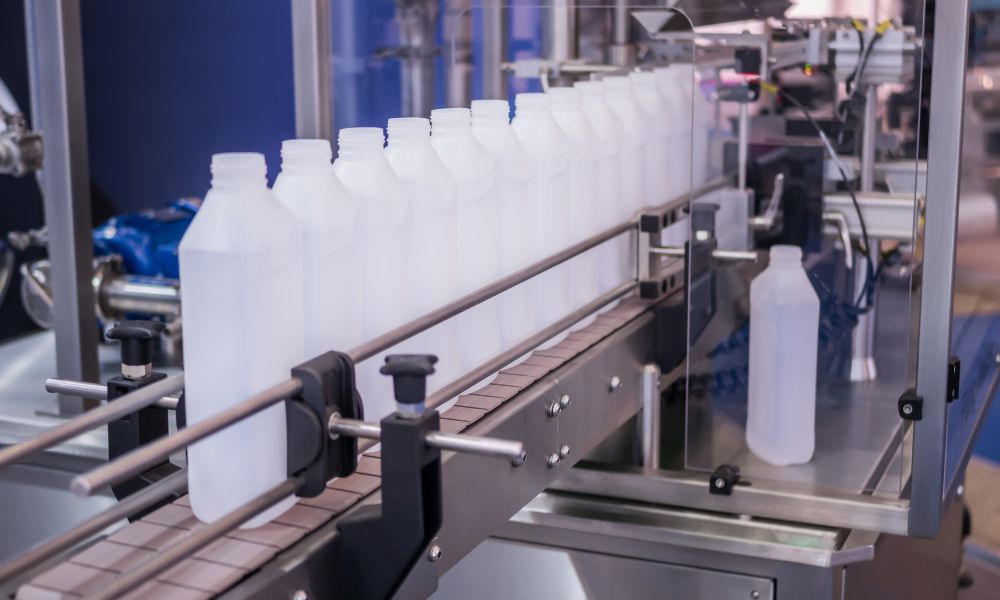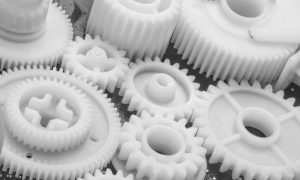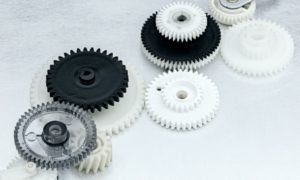Plastic fabrication is a recent technological advancement with huge impacts across the world. Almost every industry benefits from plastic fabrication in some way, as it has greatly improved fabrication and given more options to producers. Here’s how it has directly affected the retail industry.
Reduced Costs
Plastic fabrication has greatly impacted the cost of production. Not only are materials cheaper than metals, but the production processes are typically cheaper than working with metal.
Complex Designs
Plastic is easy to bend and change, especially with production equipment. Producers and developers can create very complex designs with precision plastic machining. This means they can sell complex items to the public economically that weren’t previously possible because of costs.
Faster Production
Due to the ease of production and malleable nature of plastic, it’s a lot faster to produce than metal. This means retailers can sell many more products and meet rising demands more easily than before.
High Durability
While not as durable as metal, a good plastic product is very resistant to damage and can survive a lot. Additionally, plastic’s chemical structure is very inert, so it won’t react with a lot of chemicals, making it great for storing various harsh chemicals.
Lots of Variance
Not all plastic is the same; you can make a soft, pliable product or a hard piece of construction equipment with plastic. It all depends on what you need and how your process the plastic. This variance is one of the main ways plastic fabrication improves the retail industry—the same materials can make many different products with various needs.
Without plastic fabrication, many industries would be decades behind their current standings, and many products wouldn’t exist for normal civilians. Access to all the products we see nowadays is due to plastic fabrication’s effects on the retail industry.




